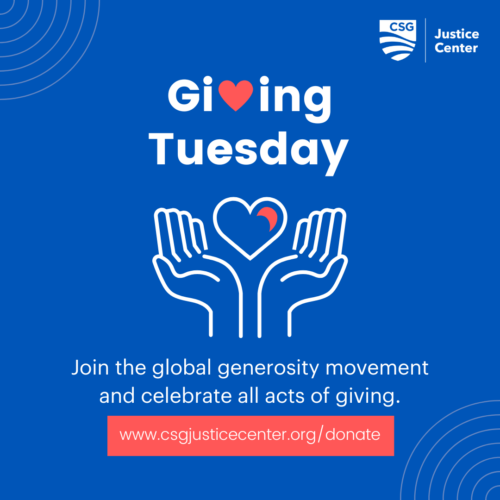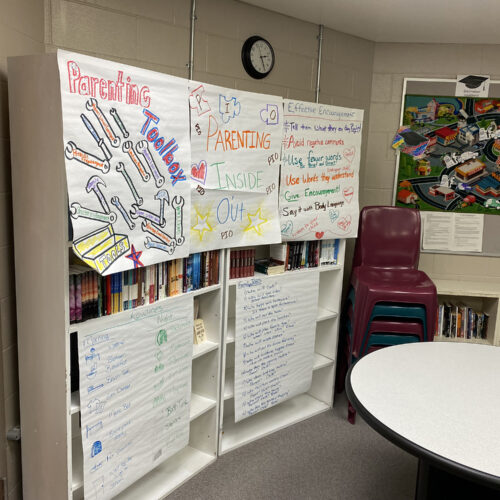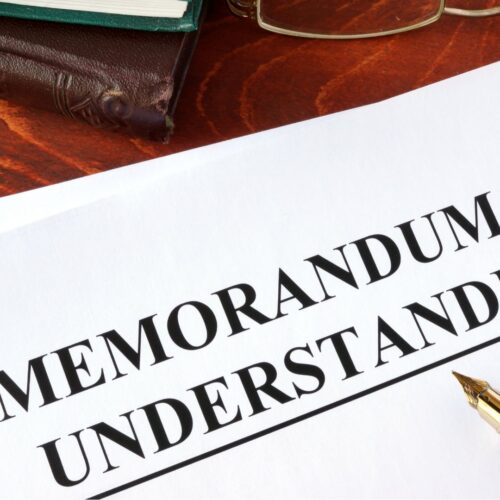
Obama Supports ‘Second Chances’ for People Convicted of Nonviolent Offenses
 After commuting the sentences of 46 people convicted of nonviolent drug crimes earlier in the week, President Barack Obama said in a major speech on July 14 at the NAACP that it was time to reduce sentences for people convicted of nonviolent crimes generally and to invest in helping formerly incarcerated people reenter society.
After commuting the sentences of 46 people convicted of nonviolent drug crimes earlier in the week, President Barack Obama said in a major speech on July 14 at the NAACP that it was time to reduce sentences for people convicted of nonviolent crimes generally and to invest in helping formerly incarcerated people reenter society.
“Let’s invest in innovative new approaches to link former prisoners with employers and help them stay on track,” the president said. “Let’s follow the growing number of our states and cities and private companies who have decided to ‘Ban the Box’ on job applications, so that former prisoners who have done their time and are now trying to get straight with society have a decent shot in a job interview.”
President Obama said it was fundamentally important to prepare people returning to their communities after incarceration “to grab that second chance.”
On July 16, President Obama continued his focus on criminal justice by visiting the El Reno Federal Correctional Institution in Oklahoma, becoming the first sitting president to ever tour a U.S. prison. As part of his visit, he spoke to six people incarcerated at El Reno for nonviolent drug offenses.
“When they describe their youth and their childhood, these are young people who made mistakes that aren’t that different from the mistakes I made and the mistakes that a lot of you guys made,” the president told reporters. “The difference is, they did not have the kind of support structures, the second chances, the resources that would allow them to survive those mistakes.”
The president’s comments come on the heels of bipartisan legislation introduced by U.S. Senators Rob Portman (R-OH) and Patrick Leahy (D-VT) in June. The Second Chance Reauthorization Act of 2015 would provide grants for education and career preparation, employment services, substance use and mental health treatment, housing, and other resources that people returning to the community from incarceration frequently need.
 This Giving Tuesday, Help Us Break the Cycle of Incarceration, Uphold Justice, and Offer Second Chances
Read More
This Giving Tuesday, Help Us Break the Cycle of Incarceration, Uphold Justice, and Offer Second Chances
Read More
 Vermont Executive Working Group Hears Recommendations on How to Improve Domestic Violence Responses
Read More
Vermont Executive Working Group Hears Recommendations on How to Improve Domestic Violence Responses
Read More
 Minnesota Department of Health Leads Cross-County Collaboration to Support Families Impacted by Incarceration
Minnesota Department of Health Leads Cross-County Collaboration to Support Families Impacted by Incarceration
s one of the first points of contact in the criminal justice…
Read More New Hampshire Governor’s Commission Reviews Justice Reinvestment Initiative Data Analysis and Proposed Policy Recommendations
New Hampshire Governor’s Commission Reviews Justice Reinvestment Initiative Data Analysis and Proposed Policy Recommendations
On April 6, 2023, the New Hampshire Governor’s Advisory Commission on Mental…
Read More











